One of the first things to do after registering your business is open a bank account for your business. Having a business bank account could help you keep your personal and business money separate, which can make it easier to keep track of your business’s finances, protect your personal finances in case of business financial challenges and save you time when you need to prepare a tax return. You may need to provide different types of information to open a business bank account than you would a personal account.
Choosing the right bank for your small business
Choosing a financial institution
Before you open your business bank account, you may want to compare what’s offered by the banks and credit unions in your area and by online banks to determine what financial institution and products are right for you and your business.
Checking and savings accounts
As with personal accounts, a business can open a business checking account and savings account. The checking account can be for receiving payments and covering operational expenses (i.e., everyday expenses, like buying supplies or paying employees). The savings account can be for long-term savings and projects. Even small businesses that don’t have a lot of money to spare can slowly start building a business emergency fund to help them get through tough times. Keeping your savings in a separate account could make it easier to resist using the money for day-to-day expenses. Plus, savings accounts tend to offer a higher interest rate than checking accounts, which can help you earn more money with your savings.
Comparing your options
Even if the company you use for your personal banking also offers business accounts, you may want to look around to see if it’s actually the best fit for your business. Once you compare your options, you might find that a different financial institution will actually work better. Some of the things you could compare as you’re looking at different accounts are monthly transaction limits or requirements, fees, features, interest rates, and access to your account.
Online and mobile banking
Many banks offer online banking capabilities and a smartphone app for mobile banking. Once you create an online account, you may be able to easily check your balance, initiate bank-to-bank transfers and pay bills at any time. Using online banking can also be important for keeping accurate banking records. Many online accounting and payroll systems can be linked to online bank accounts, allowing you to easily share information back and forth. Having all your systems connected could make managing your business’s finances and taxes easier. There are also online-only business bank accounts, which may be worth considering as an alternative to a branch-based account.
Small business budgeting

A budget tracks when and how you earn or spend money. It allows business owners to ensure that there are enough funds to pay expenses.
Your revenue: How much money is coming into your business?
Your expenses: What are your fixed costs and flexible costs? Fixed costs do not change from month to month such as rent and insurance. Flexible costs change from month to month, such as commissions.
Your profit: The difference between your revenue and expenses.
Your tracking: Sometimes the hardest part of a budget is tracking revenue and expenses against your goals on a daily, weekly and/or monthly basis.
Managing cashflow
Build a cash reserve
The ability to quickly access cash is key for any business. Saving a portion of your sales could prep you for unexpected expenses or investment opportunities that pop up.
Ask to pay suppliers over time
If you buy supplies from other businesses, you may be able to negotiate paying your suppliers or vendors on an extended timeline. More time to pay bills provides a cushion.
Plan for emergencies
Smart planning can help you keep your business running if disaster strikes. Preparation can include creating a disaster plan, identifying priorities, and training employees on emergency preparedness. See the US Chamber of Commerce for more information. For more on preparing for emergencies visit our getting started with planning + protection guide.
Open a credit line
You could consider a business credit line or credit card with a bank.
Learn more about Visa small business credit card options here.
Give discounts on early payments
You may be able to entice customers to pay their invoices early if you offer a discount. While you may receive less money overall, you'll get cash faster.
Keep tabs on taxes
For small businesses, tax season is all year long. Make sure you’re keeping track of estimated taxes and setting enough cash aside to make payments each quarter. For help calculating and paying taxes.
Money management solutions
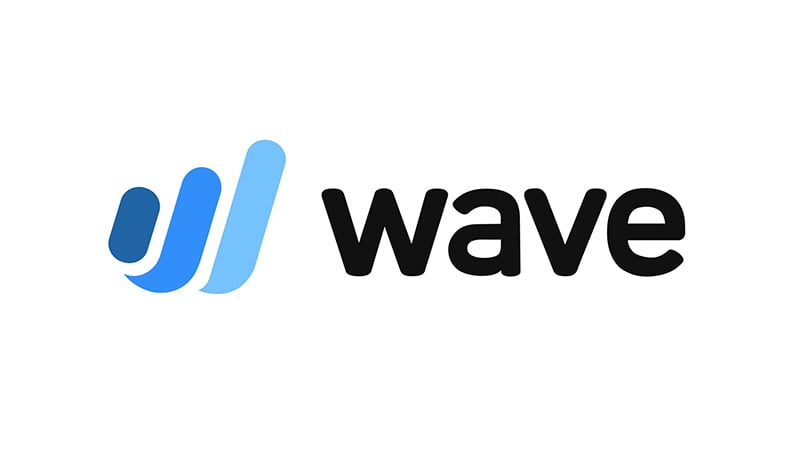
Wave offers award-winning financial software that is helping change how small business owners and entrepreneurs make and manage their money.
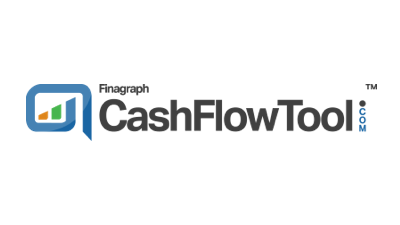
See your future cash flow in near real-time so you can make better decisions today with what-if scenarios and more so your business can thrive.
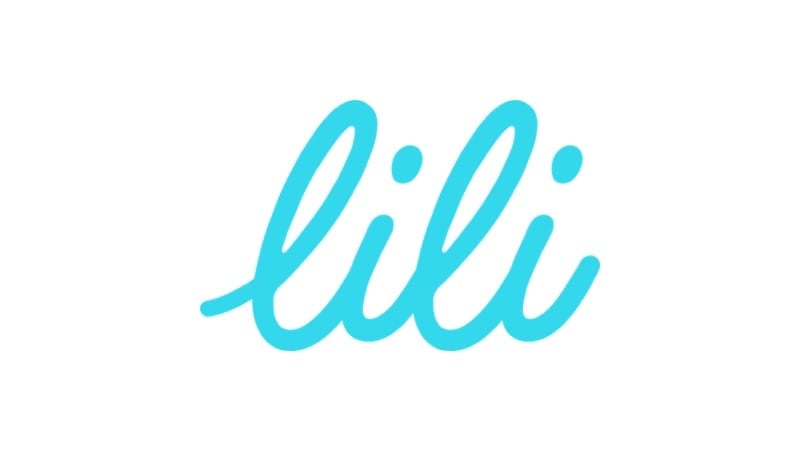
Lili is an a banking app designed for freelance workers.
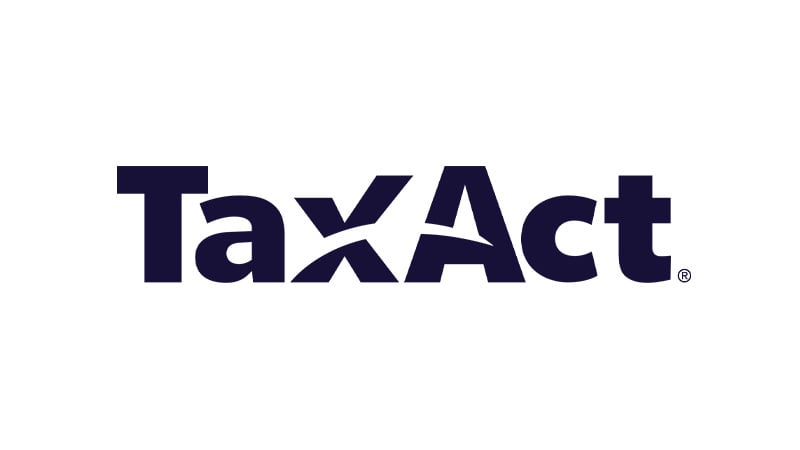
Save 25% on your federal and state business filings with TaxAct.* 100% accuracy, guaranteed.
*More on our 100% Accuracy Guarantee
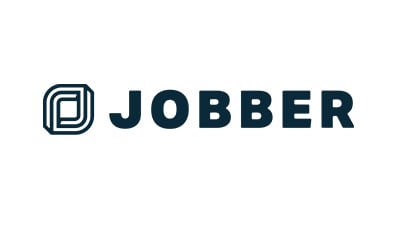
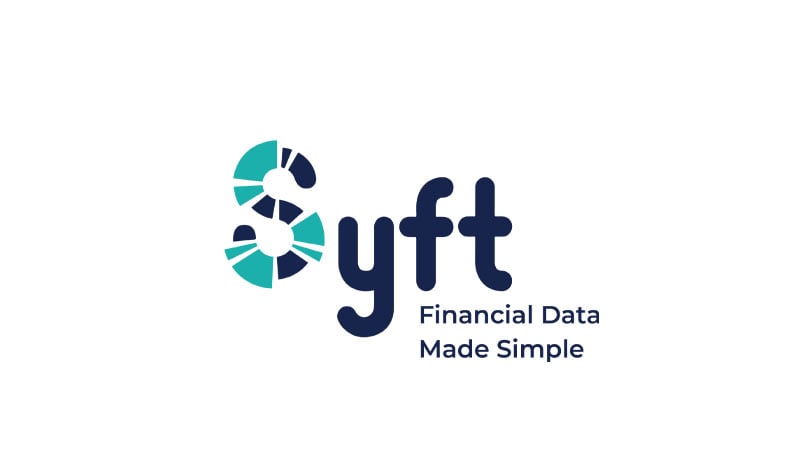
Syft Analytics is an interactive and collaborative financial reporting tool designed to help SMEs leverage their financial data to make better decisions. We integrate with the largest global SME cloud accounting platforms as well as all major ecommerce platforms to deliver actionable insights.
More financial starting points
Other guides for getting started with small business finances.
Disclaimer: No Legal Advice Intended
This site provides general information related to creating and running a business. The content of this site is for informational purposes only and not for the purpose of providing legal or tax advice or opinions. The contents of this site, and the viewing of the information on this site, should not be construed as, and should not be relied upon for, legal or tax advice in any particular circumstance or fact situation. No action should be taken in reliance on the information contained on this site, and Visa Inc. disclaims all liability in respect to actions taken or not taken based on any or all of the contents of this site to the fullest extent permitted by law. You should contact an attorney to obtain advice with respect to any particular legal or tax issue or problem, including those relating to your current or potential business.
The contents of this site have been developed for a U.S. audience.


